
Latvia is experiencing the largest outbreak of deadly leptospirosis in recent years. This summer and autumn, 31 cases of the disease have already been registered, one of the patients has died. As noted by the chief physician of the inpatient department of the Latvian Infectology Center at the Riga Eastern Clinical University Hospital, Baiba Rozentale, there are indeed reasons for concern. Last week, the center continued to treat three patients with this dangerous infection, reports tv3.lv.
In August, September, and October, 29 cases of the disease were registered in Latvia — six times more than usual, according to data from the Center for Disease Prevention and Control (CDPC). The cases were recorded in Riga, the suburbs, Vidzeme, and Zemgale. Of the 31 infected, 16 were women and 15 were men.
According to Rozentale, all three patients currently being treated at the Infectology Center have good prognoses and will recover. She emphasizes that the CDPC rightly draws attention to cases of leptospirosis, as it is an extremely dangerous infectious disease, and if not diagnosed in time, it can result in death. None of the patients treated this year for leptospirosis at the Infectology Center have died.
How the deadly disease is transmitted
The main carriers of leptospirosis are rodent-like mammals: mice and rats. The leptospires that cause the disease are found in the urine of animals. However, humans can also become infected from other infected animals — for example, pigs or even pets like dogs. However, a vaccine is available for dogs in Latvia, which reduces the risk.
"Since dogs are vaccinated in our country, infection usually occurs through contact with objects or products contaminated with the urine of mice or rats," explains Rozentale.
Infection is possible only through mucous membranes or damaged skin. This most often occurs through food contaminated with rodent urine.
"We store beets, carrots, and potatoes in the basement and do not always wash them well or process them thermally," the doctor gives an example. Leptospires die at a temperature of 100 degrees, that is, when boiling. Infection can also occur through contact with contaminated soil, especially in gardens or flower beds. "To avoid this, it is essential to work in rubber gloves, and wear gardening gloves on top. The infection penetrates through the smallest skin injuries," notes Rozentale.
How the disease progresses
The chief physician of the Latvian Infectology Center explains that the course of the disease largely depends on the person's immune system. If the immunity is active and the dose of infection is small, the disease may not develop or may proceed like a common cold — with a high temperature, but after 3–4 days the person recovers.
The situation is more complicated with moderate and severe forms.
"Leptospires release a toxin that affects red blood cells. They break down, bilirubin is released, the skin turns yellow, and the liver and other organs are damaged — this is already a severe acute form of the disease," explains the doctor.
The disease begins with symptoms similar to the flu: chills, a temperature of 39–40 degrees, and a severe headache. However, it is characterized by pronounced muscle pain — in the calves, biceps, abdominal wall, and back. Pain significantly intensifies upon touch.
"Abdominal pain can be so severe that it is initially mistaken for acute surgical pathology," adds the doctor.
The disease also manifests as redness of the sclera — due to capillary damage.
On the 5th to 7th day, severe patients develop jaundice, urine darkens, and stool becomes light. Small pink rashes appear — the result of ruptured capillaries. "The amount of urine decreases as the kidneys are affected. Acute kidney failure may develop, and in severe cases, the patient may need to be connected to hemodialysis," explains Rozentale. Leptospires can also cause myocarditis and death.
"Early diagnosis is very important," emphasizes the specialist. "If a person has a high temperature, headaches, and muscle pain — emergency medical assistance should be called." According to Rozentale, emergency medical technicians are aware of the situation and know how to act to deliver the patient to the hospital in time.
Recovery can take months
Inpatient treatment can last up to 20 days. All patients are prescribed antibiotics — penicillin, to stop the multiplication of leptospires. In severe cases, the medication is administered intravenously up to six times a day. Anti-inflammatory and pain-relieving medications, as well as vitamin C to strengthen capillaries, are also prescribed. If the kidneys are affected and urination is impaired, restoration of organ function is carried out.
"The more organs affected in severe leptospirosis, the longer the recovery lasts — from one to two months," shares the doctor’s experience.
If kidney functions are impaired, increased urination may be observed after the illness, lasting up to four months. In cases of myocarditis, rehabilitation is even longer: strictly limited physical activity is required with a gradual increase. "But to claim that someone has become disabled — there have been no such cases. If a person does not die during the illness — they fully recover and return to normal life," emphasizes Rozentale.
The reason for the increase in morbidity this season, in her opinion, may be the humid summer, which contributes to the spread of rodent urine in the soil. An additional factor has been the active reproduction of rats in cities, including Riga. One way to combat this is waste removal.
"If containers are left for a week, rats naturally breed there. Active deratization is also necessary. These are two mandatory conditions," emphasizes the doctor. "In urban environments, there is no place for rodents. And in agriculture — either. Deratization is a very important measure."
Caution is also important. Rozentale gives examples from patients undergoing treatment at the center. Someone cleaned a barn in the spring where straw was used — a typical habitat for mice that excrete infected urine. People did not use rubber gloves. Someone ate apples stored in boxes: "I took one, wiped it a little — it shines — and ate it. But the apple was contaminated with mouse urine." Some patients reported that they specifically discarded apples that had been bitten by rodents but ate whole ones — from the same box.
Overall, the situation in Latvia is much better than in Soviet times — from the late 1970s to the mid-1980s. Back then, hundreds of cases were recorded annually, and mortality was high. Today, in developed countries, mortality from leptospirosis is between 4 and 8%, and among severe cases — up to 30%. "These are the patients who immediately end up in intensive care," emphasizes the doctor.

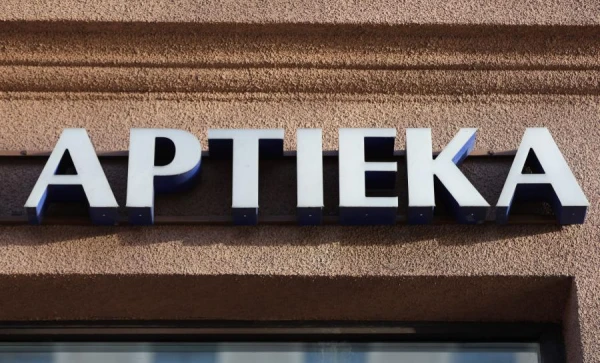

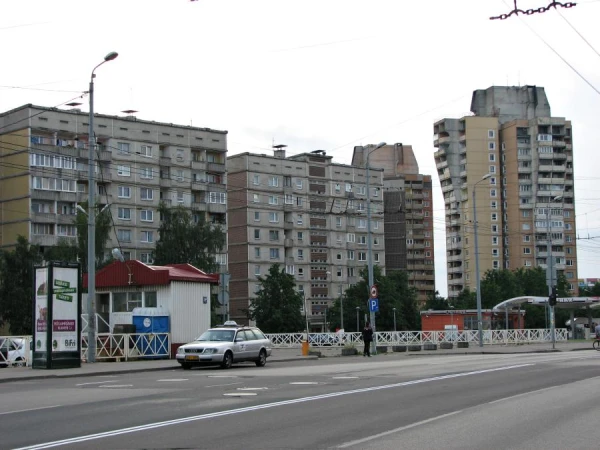
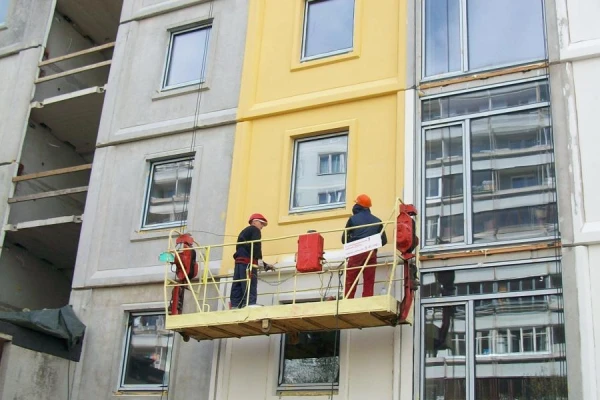
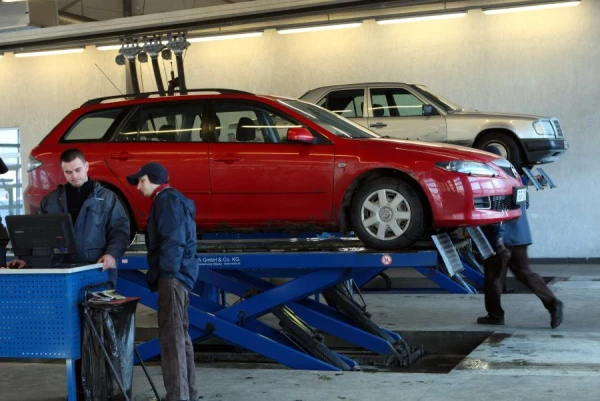
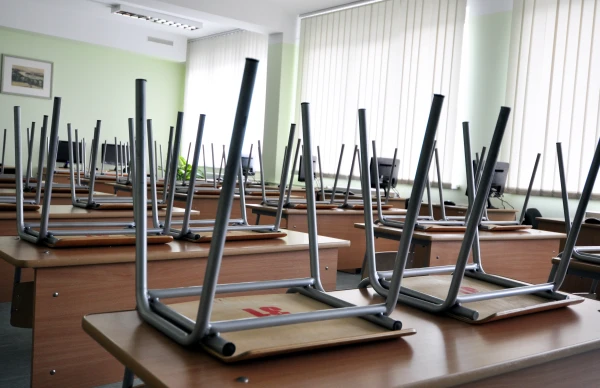
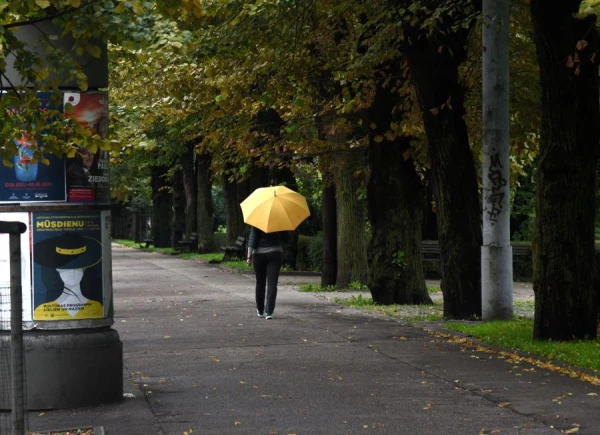


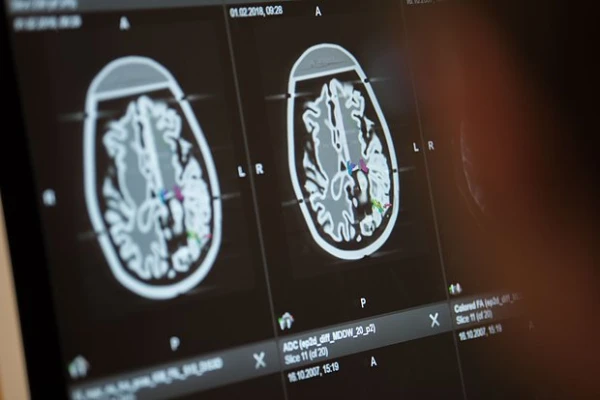




Leave a comment